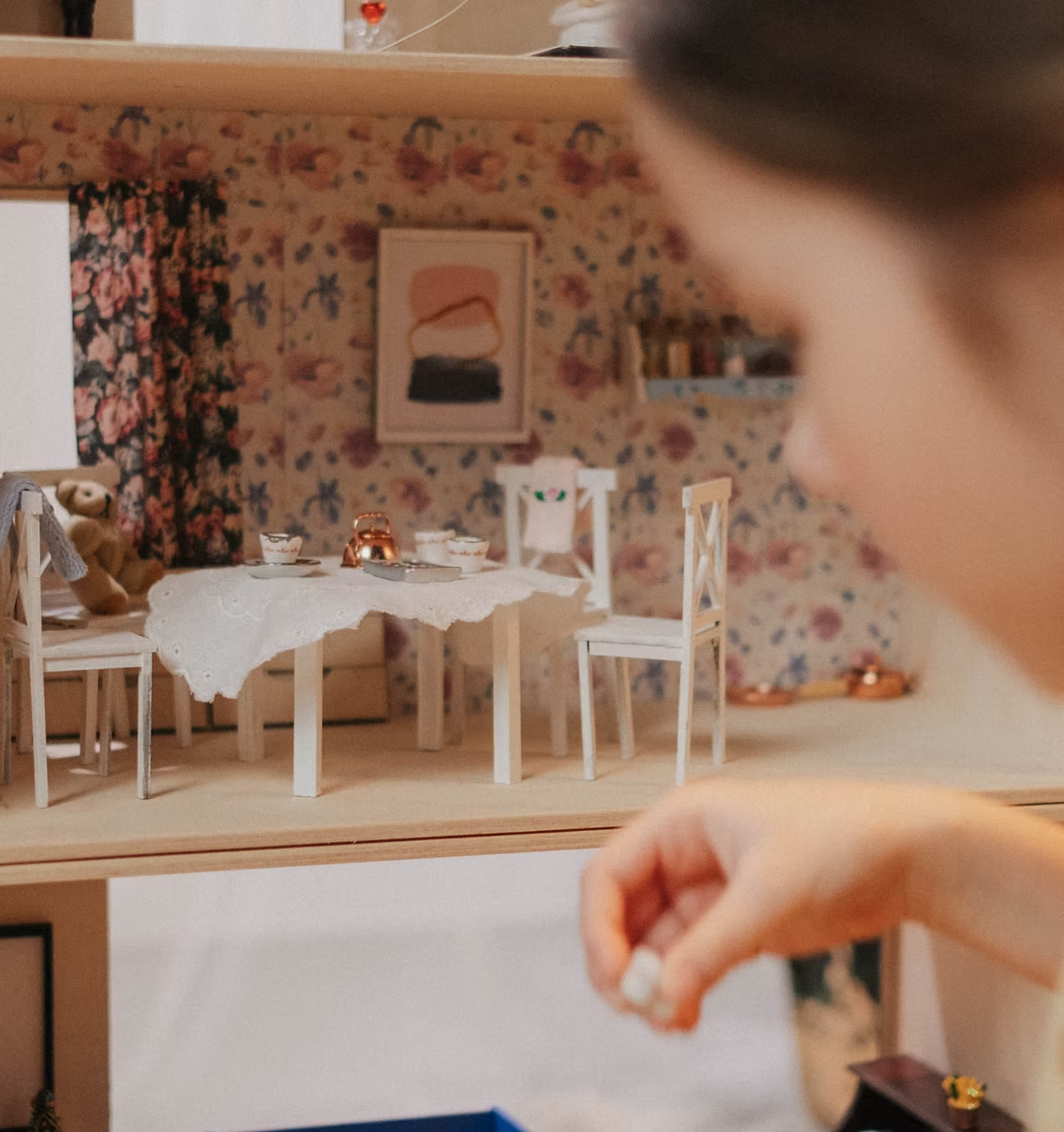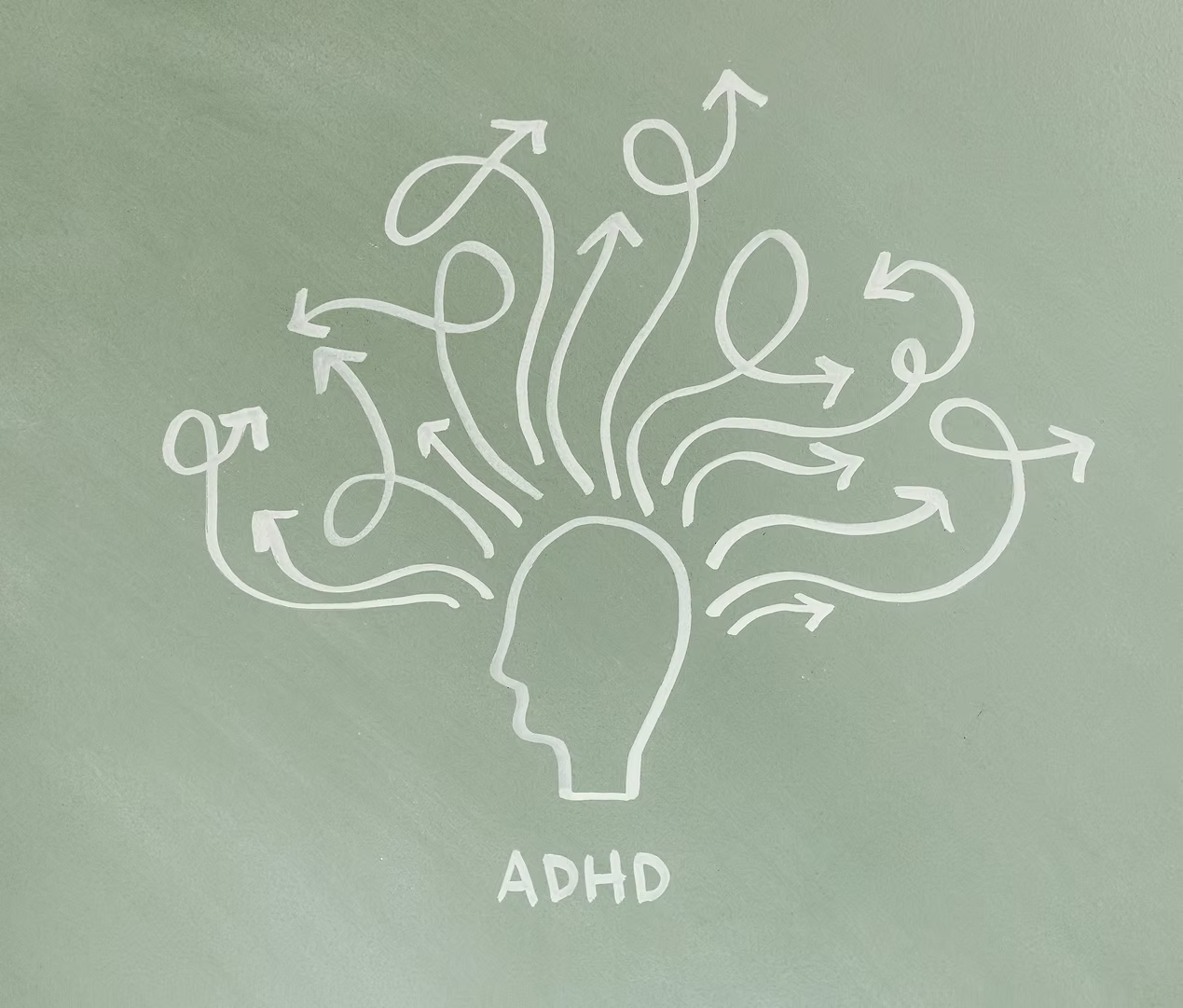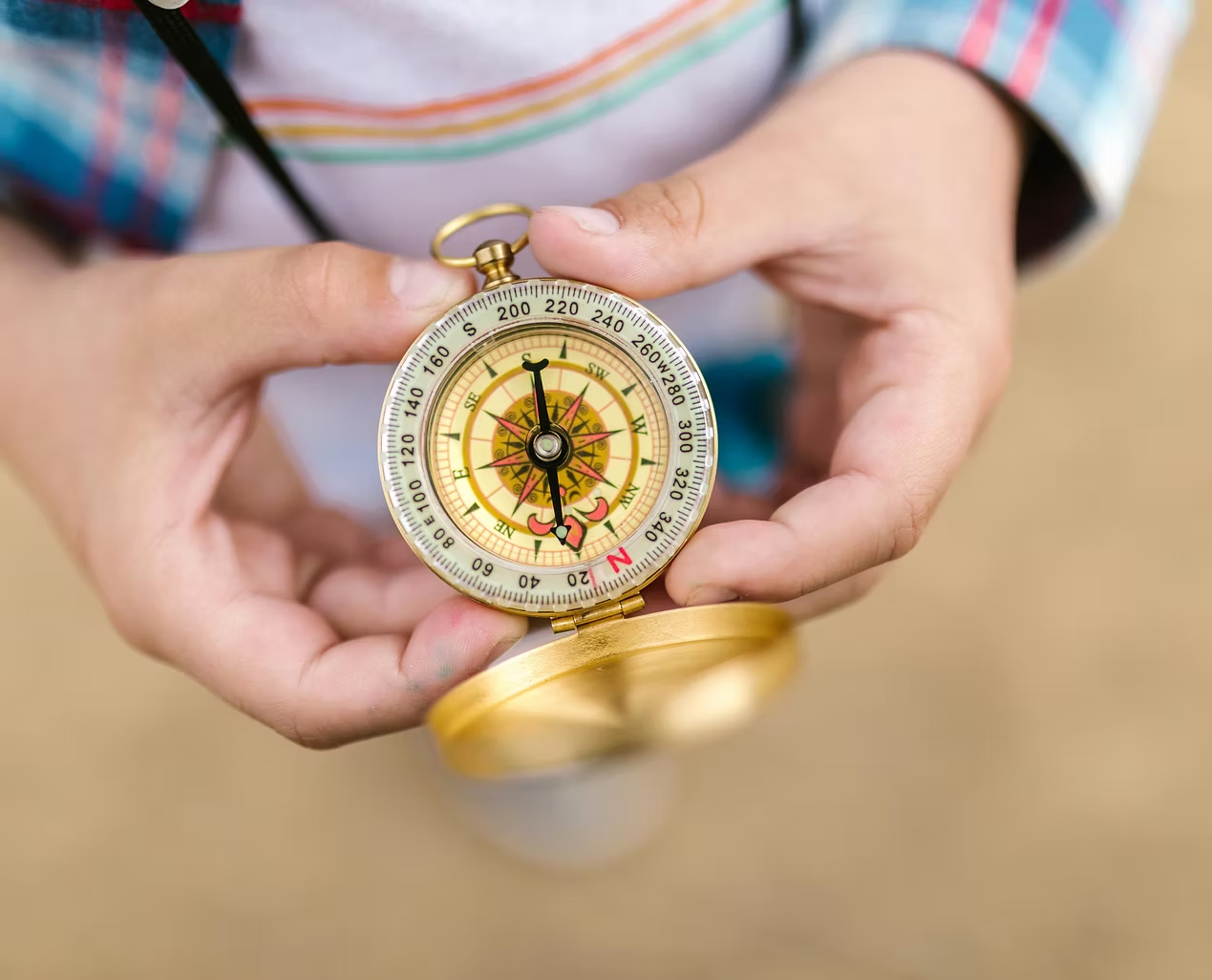
APPROACHES
We use a combination of therapeutic models in the practice, including Eye Movement Desensitization and Reprocessing (EMDR), Cognitive Behavioural Therapy (CBT), Dialectical Behaviour Therapy (DBT), mindfulness and play-based therapies. We offer individual and couples counselling to men, women and children addressing concerns such as, but not limited to:
- Trauma and abuse
- PTSD
- Parenting
- Depressive disorders
- ADHD
- Stress and anxiety reduction
- Sexuality
- Peer and intimate relationships
- Identity formation
- High conflict divorce
- Borderline Personality Disorder
- Psychoeducational Assessment


Individual Therapy
We value working with individuals of all ages to facilitate healing, growth and change. Life is full of challenges, and sometimes we find ourselves in a place where we need support. We are here to provide that support in a safe, comfortable space. We use a variety of models of therapy to help clients become empowered, and to reach their goals.

Play Therapy: Gabrielle Hone
I have worked with children in some capacity for most of my life and am passionate about supporting children in my counselling practice. Play therapy is an opportunity for children to process and work through their problems. Intentional play and art-based activities, sand tray work, and other forms of play are used in sessions, because we know that play is how children resolve issues. Working together, we develop skills and strategies that will work both for the child and the family. As needed, I collaborate with doctors, schools, and other professionals, to provide information and recommendations to further support children.
Collaborating with parents is a large part of my work with children. I begin the process of play therapy by meeting with the parent(s) or guardian(s) for a session, and continue this relationship throughout my work with the child(ren). I often check in with parents/guardians at the start of a session, and/or afterwards, and parent sessions are scheduled as needed. During this time with parents, I share general themes from the session, strategies and supports for parenting, and answer any questions parents may have regarding their child.

Family Therapy
Gabrielle loves working with family systems to support healing and change. There are times when more than one member of a system requires support, and it can be helpful for some or all members of a system to collaborate with me together in therapy. Gabrielle works with couples, parents and children, and siblings, both together and individually.
EMDR
What is EMDR?
Eye Movement Desensitization and Reprocessing (EMDR) helps us access connections in the brain related to the past that may be impacting present experiences. EMDR therapy helps us to process these past experiences, and enables healing, allowing us to live fully and intentionally in the present.
We offer EMDR to support the following issues:
• Post-traumatic Stress Disorder (PTSD)
• Abuse & Trauma (physical, emotional, sexual)
• Generational trauma
• Depression
• Stress and anxiety
• Panic attacks
• Sleep problems
• Phobias
• Obsessive Compulsive Disorder (OCD)
• Chronic pain
• Motor Vehicle Accidents
EMDR is a highly effective type of therapy, however it is not for everyone. We also utilize elements of Cognitive Behaviour Therapy (CBT) and Dialectical Behaviour Therapy (DBT) in my practice. If you are unsure, we can chat about what is right for you.

Full Psychoeducational Assessments: Rachel
Rachel provides comprehensive Psychoeducational Assessments for individuals ages 5 to 50 to diagnose learning disorders, ADHD, and emotional or behavioural challenges. Testing includes the Wechsler Scales of Intelligence and the Wechsler Individual Achievement Test, with results offering clear strategies and interventions for academic and life success.
Learning disorders such as dyslexia, dysgraphia, and dyscalculia can affect reading, writing, and math skills but are not a reflection of intelligence or motivation. ADHD may involve difficulties with attention, hyperactivity, and impulsivity, impacting daily life. Our assessments identify strengths and challenges, helping clients access the right supports and resources.

Autism Spectrum Disorder (ASD) Assessments: Rachel
Rachel offers comprehensive ASD assessments for individuals aged 9 months to 55 years. The process includes a formal interview, ADOS-2 standardized testing, and behavioural and emotional checklists completed by the individual and their support network.
ASD can affect communication, social interaction, and sensory processing, with characteristics that vary widely. These may include challenges in understanding social cues, repetitive behaviours, and heightened or diminished responses to sensory input.
Our assessments provide a detailed overview of cognitive, emotional, and behavioural profiles, along with tailored recommendations for treatment and support. Early detection helps individuals and families access the right tools and resources for academic, social, and adaptive success.

Career Exploration Assessments: Rachel
Rachel provides career exploration assessments for individuals aged 18 and over to help clarify career interests, potential vocational paths, and educational requirements. Testing includes the Strong Interest Inventory, Wechsler Adult Intelligence Scales (WAIS-IV), and personality inventories.
These assessments identify strengths, areas for growth, and career directions aligned with your personality, values, and aptitudes. We explore key factors such as interests, natural talents, workplace values, and personality traits to help guide informed career decisions. Each client receives a detailed profile and resources to explore opportunities that best fit their goals and strengths.

MEDIATION AND PARENTING COORDINATION SERVICES: Gabrielle
Increased control over outcomes, reduce cost, reduce stress, protect your children, and reduce time.
FAMILY MEDIATION
SEPARATION & DIVORCE MEDIATION
CHILD-CENTRED MEDIATION
PARENTING COORDINATION
What is Family Mediation and how might it benefit me?
At times conflict, issues that are difficult to discuss or resolve, or challenges communicating can arise in families. It can be helpful to have support from an impartial third party to help the family navigate through the discussions. My role is to facilitate conversation in a way that allows everyone involved to be heard, and to guide those involved toward resolution.
What is Separation and Divorce Mediation?
Divorce and separation can be challenging on many levels. People experiencing divorce or separation often report increased levels of stress and negative emotion, financial stressors, and worry as they see the impact on their children. My role as Mediator is to facilitate the process as families work through challenges: to facilitate conversation in a respectful and safe environment, and to help them come to a resolution that works for everyone, documented in a Mediation Agreement and/or a Parenting Plan, in a timely manner.
Unlike the court process, where a judge ultimately makes the final decision, mediation offers a far more collaborative approach. Mediation offers a way of moving through separation and divorce when the parties involved are struggling to come to resolution, and/or are in high conflict with one another. When compared to the cost of solely using lawyers, the fees for Mediation are significantly less, and are split between the parties in a way that they agree to and deem equitable. When children are involved, my role is to put the needs of the children at the forefront, and support parents in developing healthier communication, which in the end, directly benefits the children.
Are children involved in the mediation process?
I offer the option of Child-Centered Mediation in my practice. Sometimes it is beneficial for the children to participate in the mediation process. Whether this is part of the process is determined on a case-by-case basis and includes the Mediator meeting with the child(ren) one-on-one. I work with the child(ren) using play therapy techniques, to understand the situation from their perspective and to help provide them a voice in the Parenting Plan process.
There have been aspects of abuse in the relationship, is mediation still for us?
Research has indicated that the majority of families who have experienced interpersonal violence and who then take the path of mediation over litigation (courts) express feeling less upset, and report greater feelings of safety overall. People who participate in mediation report feeling more satisfaction with the process to resolve their issues, and with the outcomes, versus those going through lawyers and the courts.
There are a number of ways to host mediation sessions that support any physical or emotional safety concerns when there is a history of abuse. Options include meeting in separate rooms, in a virtual space, and having staggered entry and exit times for sessions. While these options are available, whether mediation is appropriate in circumstances of abuse, will be determined on a case-by-case basis.
What is Parenting Coordination?
Parenting Coordination is an alternative process to working in the court system. The primary goal of Parenting Coordination is to protect the child(ren)’s best interests while encouraging cooperation and reducing conflict between parents. The role of the Parenting Coordinator (PC) is to facilitate communication, cooperation, and respectful interactions between parents experiencing high conflict. They help parents develop a parenting plan, and to implement their parenting agreements and resolve minor disagreements about things like schedules, activities, and arrangements for children’s belongings.
A PC is typically appointed by a court order to help parents implement, modify and comply with the parenting plan. PCs assist parents by providing: (1) education about co-parenting and parental communication; (2) the psychological and developmental needs of the children; (3) strategies to manage conflict and reduce the negative effects on children; (4) effective post-separation parenting; and (5) developing a parenting plan. To further assist parents and children, PCs facilitate referrals to community providers when necessary and collaborate with other professionals who may already be involved with the family.
What happens during EMDR?
EMDR uses the body’s natural process of healing, which occurs during REM (rapid eye movement) sleep. In session, we start by identifying a specific target and together work through a series of questions to gain more information. The therapist then recreates sleep eye movements by having the client follow their finger, through the use of buzzers placed on either side of the body, or even by having the client tap back and forth in the sand tray or on their own body. You are then asked what you noticed during each set of eye movements. Changes to thoughts, images, feelings and even sensations in the body often occur. As therapy progresses, once painful thoughts and memories become neutral, and often other associated memories heal in the process as well. EMDR often results in dramatic and rapid improvements in individual’s lives.
We offer 1-hour, 90-minute, and 2-hour EMDR sessions both in person and virtually. Clients with no prior EMDR experience are encouraged to begin with one-hour sessions and then we can chat about what longer sessions will look like if that is of interest.
